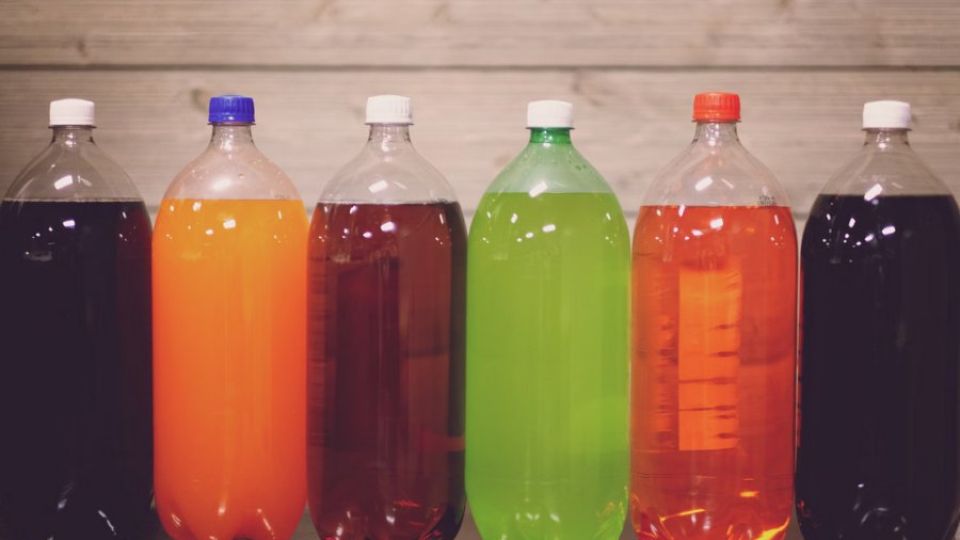February 27, 2024
JAKARTA – The Health Ministry will require companies to put sugar content on the labels of any beverage products sold in the country.
The ministry said it was looking to implement similar systems to those in other countries, but it has yet to specify the details.
“The system may resemble Singapore’s,” ministry spokesperson Siti Nadia Tarmizi said on Friday, as quoted from Tirto.id.
The government is also expected to impose a sweetened drink tax this year, aiming to collect Rp 4.3 trillion (US$275.5 million) in revenue.
Last year, the government made an attempt to implement the policy with a target of collecting Rp 3.08 trillion of revenue but then backtracked by revising the target to zero in November.
In January, Deputy Health Minister Dante Saksono signaled that the ministry had finalized the implementing regulation on the sweetened drink tax and it could implement it as soon as it was ready.
Read also: Plastic, sweet beverage excise to cause more problems than it solves: Businesses
Meanwhile, the Finance Ministry’s customs and excise director general, Askolani, told reporters on Thursday that he was unable to confirm the implementing date yet, adding that the ministry was discussing it with relevant government officials and agencies.
He also welcomed support from Health Minister Budi Gunadi Sadikin who backed implementation this year.
The tax has been on the cards since 2016, but no real steps had been taken until 2022 with the government citing prolonged economic uncertainty due to the COVID-19 pandemic as the most recent reason for the delay.
The Finance Ministry and the House of Representatives, however, passed the 2021 Tax Harmonization Law that eases steps to introduce new excise policy, allowing the government to include it in the annual state budget law instead of through a revision of the Customs and Excise Law.
Businesses have voiced concern that the excise tax will not solve the problem it is intended to solve, while possibly causing more difficulties in the process.
The Soft Drinks Industry Association (Asrim) said in December last year that it did not see the levy solving the issue of noncommunicable diseases (NCDs) like obesity and diabetes.
It pointed to similar implementations in the United States and Mexico where sweetened drinks consumption continues to rise.
Read also: COVID-19 pandemic worsens Indonesia’s diabetes crisis
Meanwhile, Center for Indonesia’s Strategic Development Initiatives (CISDI) research and policy chief said in December that the excise would certainly help control sweetened beverage consumption, which has seen a rising trend as of late.
While the nature of the policy remains undisclosed, CISDI suggested a levy designed to incentivize the industry to produce beverages with less sugar.
It also argued that firms could still compensate for reduced sweetened drink sales with mineral waters or other products with much lower sugar content.


